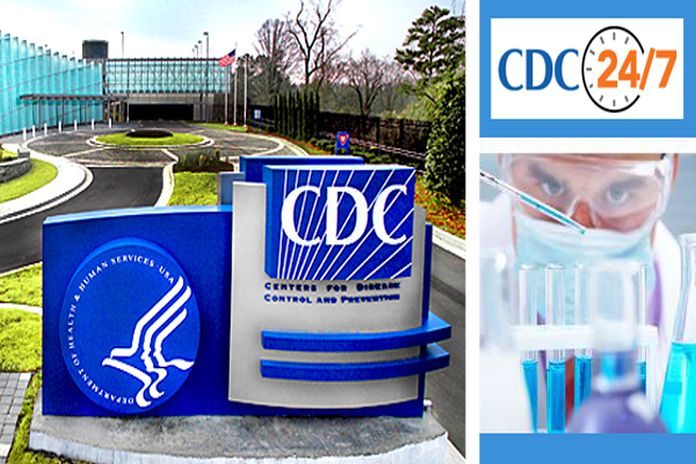By Caribbean News Global ![]()
ATLANTA, USA, (CDC) – If you are attending a gathering, think about the steps you need to take to protect yourself and your loved ones from COVID-19. Make sure you are up to date with your COVID-19 vaccines.
If you are not up to date with your COVID-19 vaccines and are ages 2 or older, you should wear a mask indoors in public.
In general, people do not need to wear masks when outdoors. In areas of substantial or high transmission, people might choose to wear a mask outdoors when in sustained close contact with other people, particularly if they or someone they live with has a weakened immune system or is at increased risk for severe disease.
Consider using a self-test before joining indoor gatherings with others who do not live in your household. Good ventilation can help prevent you from getting and spreading COVID-19.
Stay home if you test positive or are sick or experiencing symptoms of COVID-19.
How to use your N95 respirator
Respirators are made to protect you by filtering the air and fitting closely on the face to filter out particles, including the virus that causes COVID-19. They can also contain droplets and particles you breathe, cough, or sneeze out so you do not spread them to others.
Respirators must form a seal to the face to work properly. This is especially important for people at increased risk for severe disease. Respirators have markings printed on the product to indicate they are authentic, see appropriate N95 and KN95 markings. Wearing a respirator can make it harder to breathe. If you have heart or lung problems, talk to your doctor before using an N95.
The Strategic National Stockpile has distributed N95 respirators to pharmacy distribution centers throughout the country. For specific manufacturer’s instructions for your N95 model, visit Free N95 Respirator Manufacturers.
COVID-19 testing: What you need to know
When to get tested for COVID-19:
- If you have COVID-19 symptoms;
- At least 5 days after known or suspected close contact to COVID-19;
- For screening (schools, workplaces, congregate settings, etc.);
- Before and after travel ;
- When asked by a healthcare professional or public health official.
A viral test tells you if you are infected with SARS-CoV-2, the virus that causes COVID-19, using samples that come from your nose or mouth.
There are two types of viral tests: rapid tests and laboratory tests. A laboratory test, such as a PCR test, usually provides results in 1-3 days. Results are reliable for people with and without symptoms.
A rapid test, such as an Antigen test, usually provides results in 15-30 minutes. Results may be less reliable for people without symptoms and follow-up test may be required.
Every home in the US is eligible to order 4 free at-home COVID-19 rapid Antigen tests. Order your tests now so you have them when you need them.
Source: CDC





